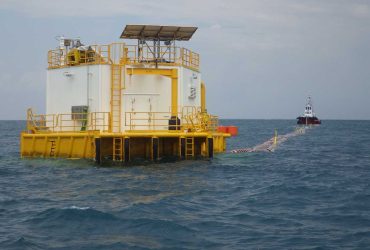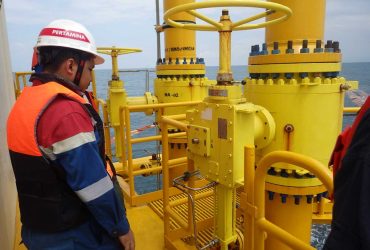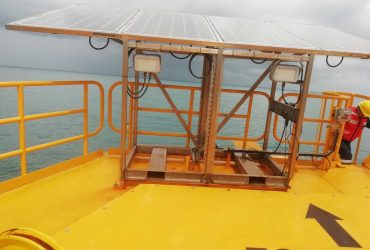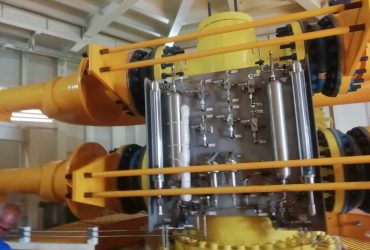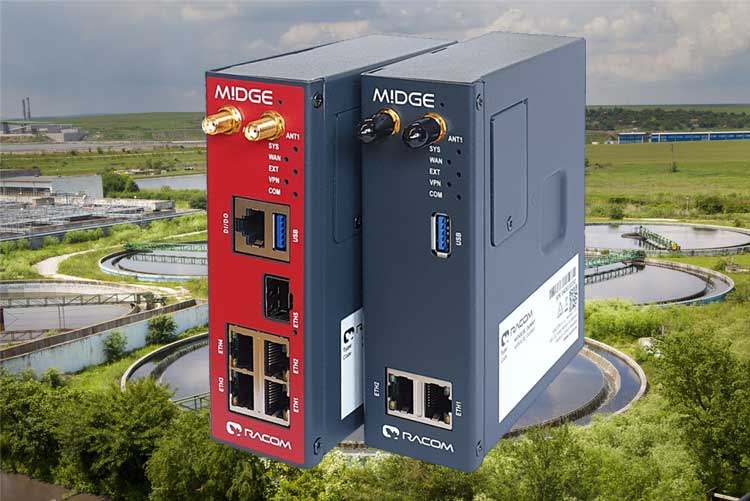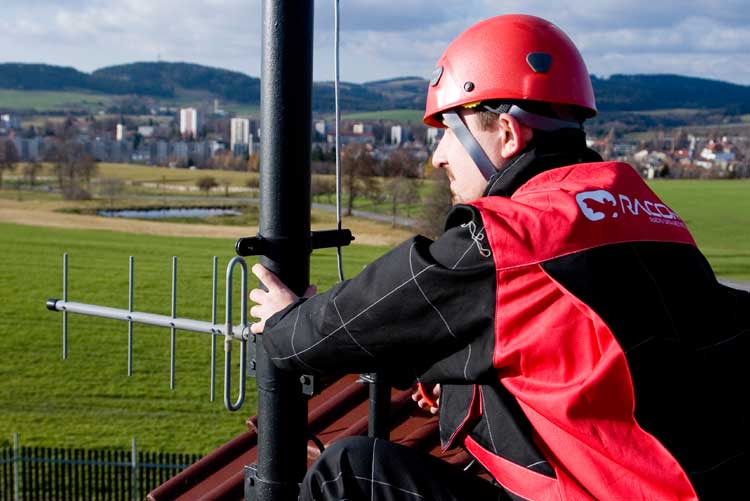How do you protect underwater oil pipelines from kilometres away – while battling salt spray, unstable signals and the constant force of the sea? In Indonesia, PT Starcom Solusindo and PERTAMINA turned to M!DGE cellular routers to secure critical subsea infrastructure.
Challenge: Monitoring Subsea Pipelines in Harsh Offshore Conditions
PT Starcom Solusindo, a long-standing network integrator serving Indonesia’s industrial sector since 2000, was tasked with safeguarding subsea pipelines at three PERTAMINA refineries. Each location used Single Point Mooring (SPM) systems – offshore loading buoys that transfer crude oil from tankers to coastal terminals.
These systems demanded:
- continuous leak detection from sensors located offshore
- reliable communication over long and interference-prone marine distances
- resistance to salt, humidity and corrosive environments
- integration with PERTAMINA’s existing SCADA systems
- secure encrypted channels between sea and shore
Any undetected leak could result in major environmental and financial damage.
Solution: M!DGE – Rugged Cellular Communication with SDK-Level Customisation
After evaluating multiple vendors, Starcom selected RACOM M!DGE routers thanks to their industrial durability, strong security features and flexible software architecture.
Each subsea pipeline link was equipped with:
- one M!DGE router offshore, installed near the buoy
- one M!DGE router onshore, integrated with the terminal SCADA
Key system features:
- secure OpenVPN tunnels for data integrity
- hardened marine-grade installation
- support for complex protocol requirements without extra hardware
Custom SDK Application: Tailored Integration with PERTAMINA’s SCADA
A mission-critical advantage of M!DGE was its Software Development Kit (SDK).
Together, Starcom and RACOM engineers developed a custom TCP-based listener that:
- monitored WWAN1 / WWAN2 interface status
- read MOBILE1 signal strength
- responded using ModbusTCP, as required by PERTAMINA
- wrote values into exact registers and byte positions expected by the SCADA system
This avoided the need for external middleware and ensured perfect behavioural compatibility.
Collaboration Across Continents
Starcom led the on-site deployment with deep local expertise. RACOM’s technical support team in the Czech Republic provided remote configuration support, troubleshooting and SDK guidance.
Results: Stable, Secure and Real-Time Offshore Monitoring
The resulting system delivered:
- reliable leak monitoring across offshore–onshore links
- strong encryption and secure data handling
- high responsiveness even under difficult marine RF conditions
- seamless SCADA integration tailored to customer specifications
PERTAMINA now operates a robust subsea monitoring system, protected by technology designed for extreme environments and supported by trusted partners on two continents.
